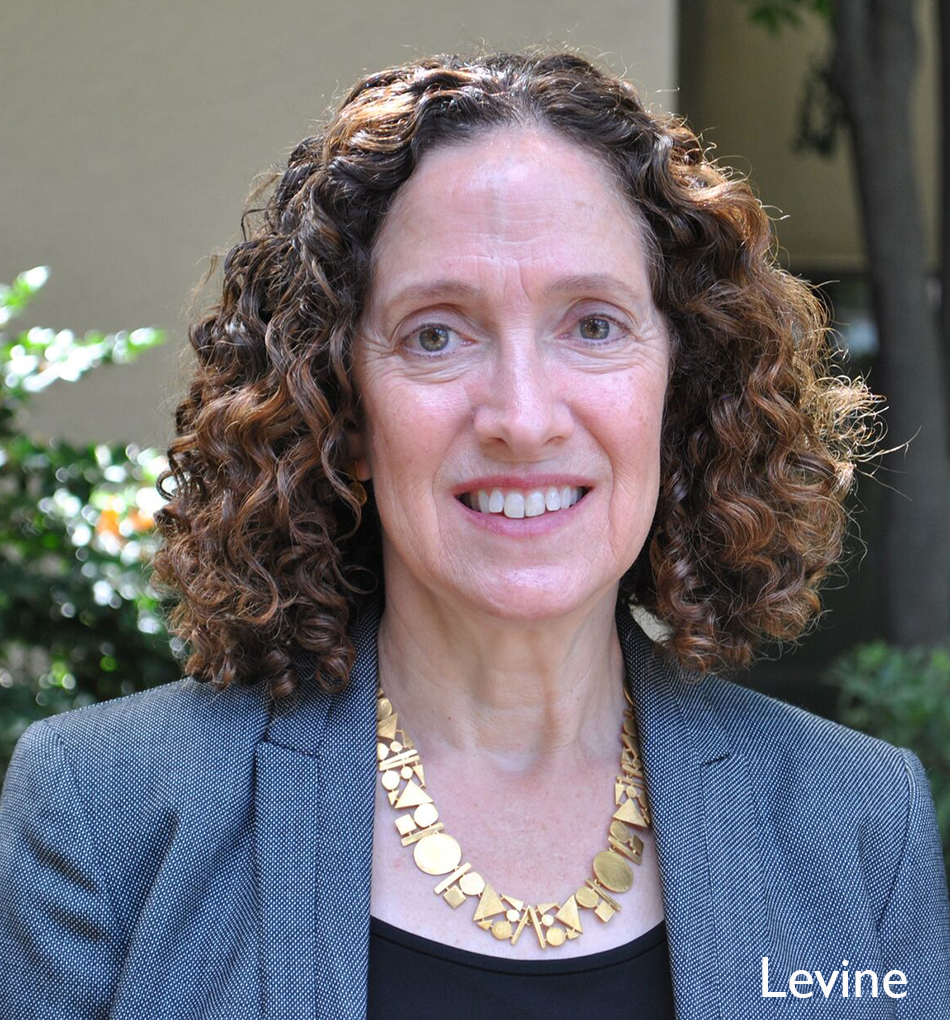
Illustration by Alvaro Tapia
 By Linda Levine
By Linda Levine
Societies are becoming increasingly polarized as people stockpile memories of political victories and grievances. What’s worse, these memories are not always accurate. Conflicting accounts, fake news, and conspiracy theories sow confusion about even the most basic facts concerning political events.
People’s memories of how political events made them feel are also easily distorted. Misremembering events and feelings can inflame political debate, driving individuals and groups further apart. This led my colleagues and me to ask whether people with detailed and accurate memories of the facts about political events are also better at remembering how those events made them feel.
To find out, we tested people’s memories of the facts and their feelings concerning two highly-emotional political events — Donald Trump’s victory in the 2016 U.S. presidential election and the 2018 referendum vote in Ireland in favor of repealing a law that effectively banned abortion except in cases of substantial risk to the life of the mother. Just days after each event, we asked people to rate how angry, scared, and happy they were feeling. Six months later, we asked them (1) to rate how they were currently feeling about the events, (2) to recall their past feelings, and (3) to recall factual information about the events.
For example, 571 U.S. community members and undergraduates were asked to remember facts such as how Donald Trump launched his presidential campaign, and on which congressman’s laptop did James Comey find emails pertinent to the investigation of Hillary Clinton’s email use. Over 700 Irish community members and undergraduates were asked to remember facts such as what percentage of the country voted to repeal the country’s restrictive constitutional amendment on abortion.
We also included a unique group of participants in our study of the 2016 election: people with Highly Superior Autobiographical Memory (HSAM). People with HSAM are often referred to in the media as “the people who never forget.” They remember personal and public events — even those that happened decades ago — with extraordinary accuracy, vividness, and detail.
This rare ability was first studied in detail by Professor James McGaugh and his colleagues at the University of California, Irvine. Fewer than 100 people with HSAM have been identified worldwide based on extensive testing of the accuracy of verifiable autobiographical and public memories. Our study included 33 of these individuals who had been pretested and shown to have HSAM. This gave us an additional, novel way to find out if people with a firm grasp on the facts about political events are also more accurate at remembering how those events made them feel.
What did we find? Despite the different political events, countries, and historical backgrounds, the results of our two studies were strikingly similar. Overall, people were pretty good at remembering how they felt.
Nevertheless, when we looked at the difference between people’s initial and remembered emotions, we found some consistent memory biases. People exaggerated when remembering how angry they had felt about the political events but underestimated their feelings of happiness and fear. These biases effectively stripped nuance from their memories of their past emotional experience. People with more accurate memories of the facts concerning political events were just as susceptible to these biases in remembering their feelings.
Even People With Highly Superior Autobiographical Memory
Not surprisingly, people with HSAM remembered facts about the 2016 election significantly better than other participants. But when it came to remembering how Trump’s victory made them feel, they were just as prone to memory bias as other participants! So, greater accuracy in remembering events did not make people better at remembering emotions, either for the main group of participants or for those with an extraordinary ability to recall autobiographical events.
We also found that accuracy in remembering facts versus feelings stems from different sources. People who followed media reports more closely, and those who talked more with others about political events, had better memory for facts. The repetition of details in media reports and conversations — as long as the details provided are correct — helps people retain accurate factual memories.
But to remember how they felt, people can only rely on their own experience. We saw evidence of this when people remembered how they felt about Trump’s victory or about the repeal of Ireland’s highly restrictive law on abortion. We compared people’s current feelings and views about these events days, versus six months, after they happened. The more consistent people’s feelings and views stayed over time, the more accurately they remembered how they had initially felt. The more their feelings and views changed over time, the less accurately they remembered their feelings. So, people tend to misremember how they truly felt about events in the past if they have competing feelings and beliefs about those events in the present.
Memory Reconstruction
Memory reconstruction — updating our memories of the past to reflect our current feelings and beliefs — serves important functions. It lets us correct past misunderstandings and retain what we learn.
But amidst increasing political polarization, misremembering emotion can be harmful. Norms of tolerance and moderation are eroding in many societies worldwide. People’s tendency to exaggerate their past feelings of anger is worrisome because research shows that anger leads people to downplay risks, overlook commonalities between groups, and seek out confrontation. This makes the current political context even more toxic. In short, misremembering emotion can both stem from and stoke animosity, contributing to a destructive cycle of political polarization.
For Further Reading
Levine, L.J., Murphy, G., Lench, H.C., Greene, C.M., Loftus, E.F., Tinti, C., Schmidt, S., Muzzulini, B., Grady, R.H., Stark, S.M., & Stark, C.E. (2021). Remembering facts versus feelings in the wake of political events. Cognition and Emotion, 35(5), 936-955. https://doi.org/10.1080/02699931.2021.1910496
LePort, A. K., Mattfeld, A. T., Dickinson-Anson, H., Fallon, J. H., Stark, C. E., Kruggel, F., Cahill, L., & McGaugh, J. L. (2012). Behavioral and neuroanatomical investigation of highly superior autobiographical memory (HSAM). Neurobiology of Learning and Memory, 98(1), 78-92. https://doi.org/10.1016/j.nlm.2012.05.002
Levine, L. J. (1997). Reconstructing memory for emotions. Journal of Experimental Psychology: General, 126(2), 165-177. https://doi.org/10.1037/0096-3445.126.2.165
This article first appeared in the Society for Personality and Social Psychology blog.